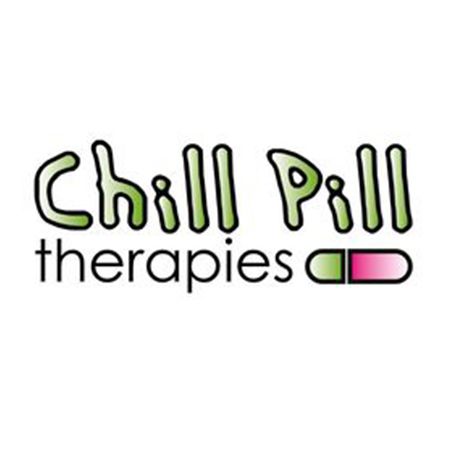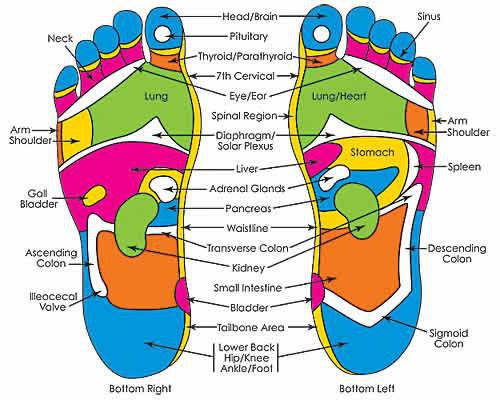
Everyone experiences anxiety in different ways. Some of the most common symptoms include:
- Constant and obsessive worrying
- Feeling overwhelmed and wanting to cry all the time
- Obsessive and repetitive thoughts
- Wildly fluctuating emotions
- Difficulty concentrating, becoming easily distracted
- Difficulty learning or remembering things
- Insomnia
- Being unable to relax
- A loss of libido
- Changes to appetite – including craving sweets, losing your appetite, increased nausea and/or vomiting, changes in weight
Anxiety develops when we are first faced with a stressful situation – moving house, a big event, redundancies, bereavement or something as simple as a caffeine overload. These feelings of anxiety are the body’s early warning system. Your body recognises that some form of danger is near, so you are kept alert in order to cope with what your body perceives as a potentially life-threatening event. In healthy individuals, the difficult situation is met, overcome and we move on. For some people, it isn’t so simple. When anxiety symptoms prevent you from coping with everyday life, then you may have developed an anxiety disorder.
Common Approaches to Severe Anxiety
When a patient is first diagnosed with an anxiety disorder, it is not always a given that they will immediately be prescribed anti-anxiety medication. Although anxiety medications exist, the research into anxiety suggests that these medications are generally not as effective as receiving treatment from amongst the talking therapies – particularly cognitive behavioural therapy, psychotherapy and counselling. Patients are often encouraged to look at psychotherapy first and/or the range of complementary and alternative treatments available to them that have a track record in reducing anxiety symptoms.
Why Reflexology for Anxiety?
Reflexology has that track record in anxiety management. A study carried out at the University of Canberra in 2000 indicated that reflexology was extremely effectiveness in relieving anxiety, nausea and pain in cancer patients. Other studies, carried out in Europe, show reflexology to be very useful in treating stress-related anxiety (and reducing staff sick days by 25% over 3 years), and managing both pain and anxiety during labour and childbirth (and reducing the length of time in all stages of labour in the process).
Reflexology is a great way of relaxing and learning to manage your stress levels and anxiety symptoms. As well as the profoundly relaxing experience of having a treatment from a professional reflexologist, you can also use hand reflexology in between sessions in order to manage your response to your anxiety symptoms yourself. One technique that many find useful is to develop the habit of working the solar plexus point on the hands from the moment you start to feel anxious. This point is easy to find (ask your reflexologist) and subtle to work – someone watching you is unlikely to notice what you are doing; it just looks like you have your hands folded over each other.
Specific Reflex Points to Focus on to Relieve Anxiety
- Solar plexus – One of the most valuable reflex points to learn as a means of controlling anxiety symptoms. Working the solar plexus point will enhance any feelings of well being, can reduce the sensation of butterflies in your stomach, encourage you to breath slower and deeper and generally calm down all the physical indications of stress.
- Head & brain reflexes – Working these can help to control any sense of being overwhelmed, and will encourage clear thinking and a more balanced approach to your problems. Working these areas will also help you to concentrate more effectively and to be less distracted when you are trying to learn or absorb something new.
- Stomach – work the stomach reflex areas if your symptoms include nausea, ‘butterflies’ or changes in your appetite.
- Small intestines & colon – These are worth concentrating on if you are also experiencing irritable bowel symptoms.
- Adrenals – If you have been experiencing anxiety symptoms for some time, then it is likely that your adrenal reflex areas will be quite painful when worked. Please bear with this and get in the habit of working the area yourself a few times a day (hand reflexology points will be just as helpful if you can’t conveniently access your feet). Working the adrenal reflexes in this way can encourage your adrenal glands to adjust their production of the stress hormones adrenalin and cortisol.
- Pineal – The pineal gland is responsible for the sleep-wake cycle of the body. Work this reflex area if you are struggling with insomnia or other sleep-related symptoms.
- Pituitary – The pituitary reflex is found close to the centre of the plantar surface of the big toe. The pituitary gland itself is one of the most important endocrine glands and is closely linked to the body’s stress response. Working this area will help reduce any anxiety symptoms as well as helping to adjust your body’s response to stress.
Find a professional reflexologist in your area. Or maybe a psychotherapist or counsellor in your area. Explore other forms of cognitive therapy and their effectiveness in managing anxiety.
|
Do you have a passion for Reflexology? Would you love to turn your passion into a rewarding career? Check out the information we have available on what the Reflexology courses involves and thousands of other Natural Therapy Courses we have available online and throughout Australia. Why not let us help you find the right course for you today on 1300 924 960 |









